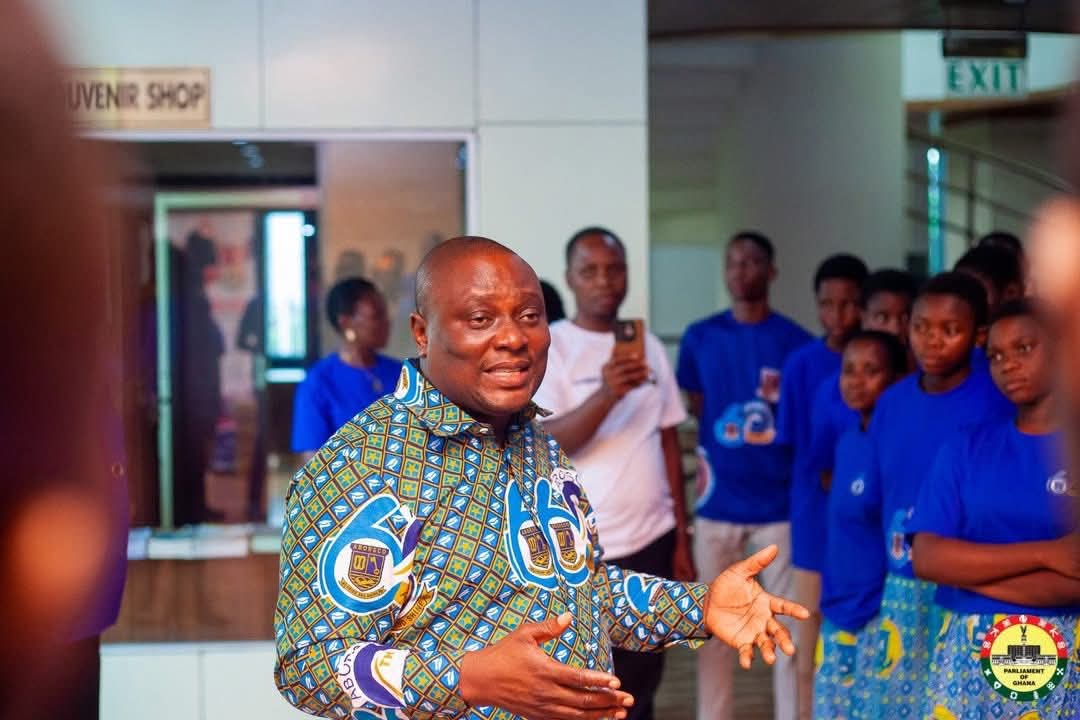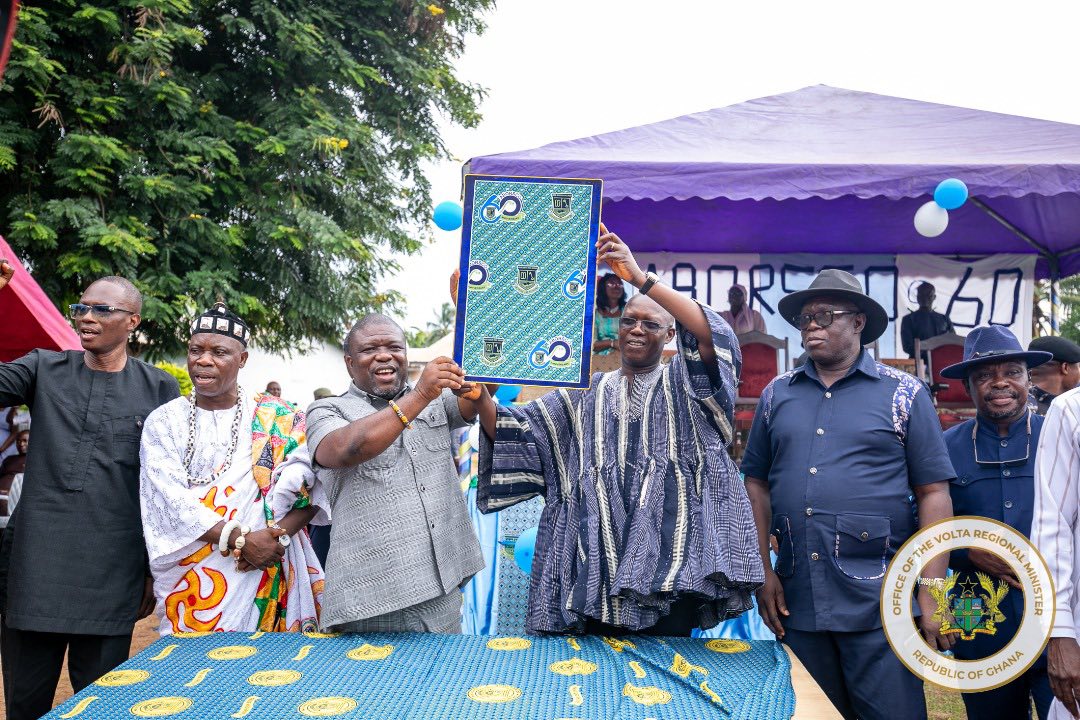In the vibrant corridors of Ghana’s Parliament, a young democracy is grappling with a complex challenge, the dominance of Majoritarianism in the 9th Parliament, with the ruling NDC Government threatening to undermine the very principles of inclusivity and fairness upon which the nation was founded.
Ghana, often celebrated as a beacon of democracy in West Africa, has made significant strides since it transitioned from military rule to a constitutional democracy. However, its political landscape remains fragile, characterized by a promising democratic culture still finding its footing.
In recent times, debates within and outside Parliament have revealed the ugly and good sides of Majoritarianism, with apprehensions that when the ruling party holds absolute political power, opposition voices are often sidelined, and crucial national issues are pushed through without a broad consensus as perceived. This approach, while efficient, risks marginalizing minority opinions and fostering division rather than unity.
For instance, during a recent contentious rerun of Ablekuma North and the swearing in of the new MP for the area, the walkout by the Minority has been tuned into usual media gimmicks- the ruling Majority went ahead without them. Similarly, during the passage of the GoldBod, the Minority side raised health concerns due to long stay in the Chamber, but the Majority sat through the night to pass it. This move has somehow exposed the vulnerabilities of Ghana’s democratic maturity—an infant democracy still learning the delicate balance between Majority rule and Minority rights and powers.
Many Ghanaian Scholars and Political Pundits warn that if Majoritarian tendencies persist unchecked, they could erode democratic norms and lead to authoritarian tendencies. The beauty of a young democracy lies in its capacity to learn from mistakes, to build institutions that protect minority rights, and to foster a political culture rooted in dialogue and compromise.
Citizens and political leaders alike are calling for a cultural shift—embracing constitutional safeguards, promoting inclusive debate, and strengthening institutions that uphold the rule of law. Only then can Ghana’s democracy mature beyond its infancy, shedding the ugliness of Majoritarianism and embracing the true spirit of democratic pluralism.
They say that when the Majority holds absolute power, the Minority groups may be overlooked or excluded from decision-making processes, but this may not happen in Ghana.
Again absolute Majority may lead to the suppression of dissenting voices because a dominant Majority can silence opposing views, stifling debate and limiting the representation of diverse perspectives.
Others also hold the view that the Majority could lead to an erosion of checks and balances, and disregard for Minority rights, because Majoritarianism can result in the disregard of Minority rights, potentially leading to discrimination and inequality.
These dangers highlight the importance of ensuring representation, protecting Minority rights, and promoting inclusive decision-making processes in growing parliamentary systems like Ghana.
In the end, Ghana’s journey reminds us that democracy is a continual process of growth, requiring vigilance, patience, and a commitment to justice for all.
Written by Edzorna Francis Mensah, Journalist and Social Commentator
edzornanews@gmail.com






































